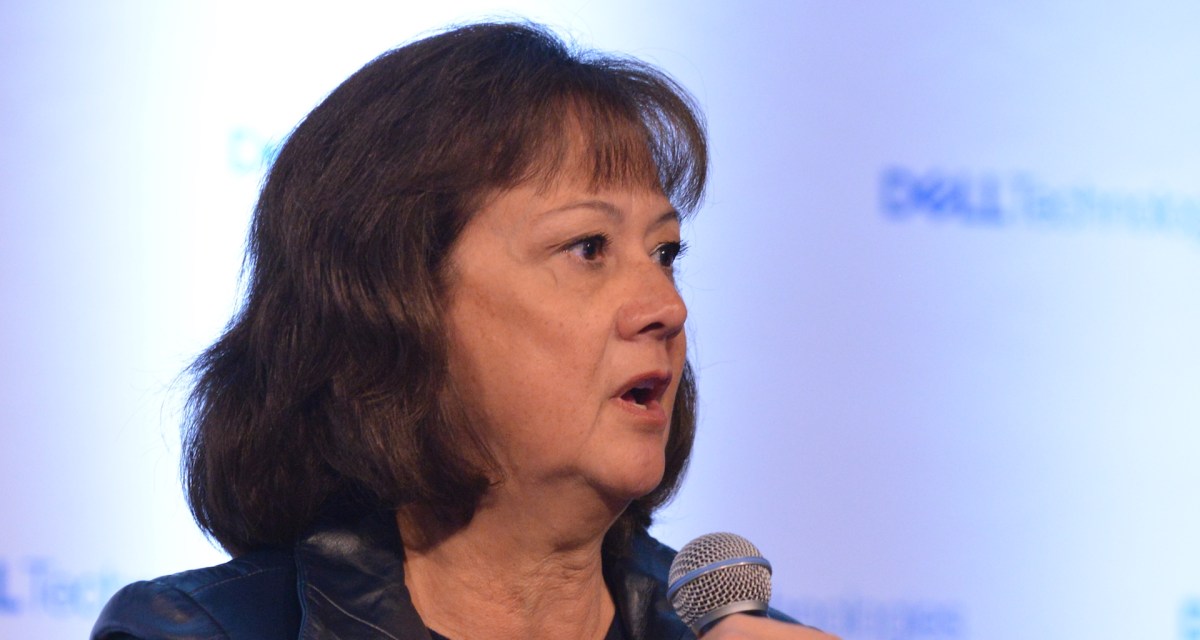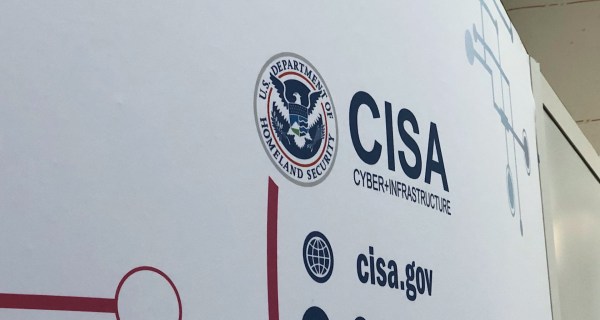White House taps Karen Evans as assistant Energy secretary for cybersecurity

President Donald Trump plans to nominate Karen Evans, a veteran of federal IT security, to be assistant secretary of Energy for cybersecurity, energy security and emergency response, the White House announced late Tuesday.
A former top IT official at the Office of Management and Budget under President George W. Bush, Evans has also served as the Department of Energy’s chief information officer. More recently, she was an IT adviser on Trump’s transition team. Outside of government, she has been an advocate of improving the nation’s cybersecurity workforce through the U.S. Cyber Challenge.
Evans would rejoin DOE at a momentous time for the department as it looks to execute a new cybersecurity strategy and boost the defenses of U.S. energy companies through an information-sharing program.
Energy Secretary Rick Perry has been outspoken lately about the industry’s cybersecurity challenges. “The sustained and growing threat of cyberattacks to our energy infrastructure requires us to think differently, to act proactively,” Perry said earlier this month.
Bruce Walker, another top DOE cyber official, has been serving in as acting assistant secretary for cybersecurity, energy security and emergency response.
Evans’ nomination will go through the Senate Energy and Natural Resources Committee.






